 W
WAminata Aidara is an Italian-Senegalese journalist, short story writer and novelist.
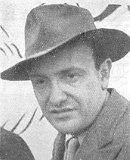 W
WMario Alicata was an Italian Partisan, literary critic and politician.
 W
WMassimo Bacigalupo is an experimental filmmaker, scholar, and translator of poetry, an essayist and literary critic. He was a founding member of the Cooperative of Independent Filmmakers in Rome. As a filmmaker of the Italian Independent Cinema, he was influenced by the New American Cinema.
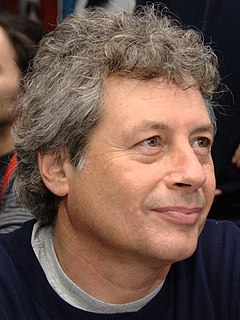 W
WAlessandro Baricco is an Italian writer, director and performer. His novels have been translated into a wide number of languages. He has two sons and he lives with his girlfriend Gloria Campaner.
 W
WSaverio Bettinelli was an Italian Jesuit writer.
 W
WLodovico Castelvetro was an important figure in the development of neo-classicism, especially in drama. It was his reading of Aristotle that led to a widespread adoption of a tight version of the Three Unities, as a dramatic standard.
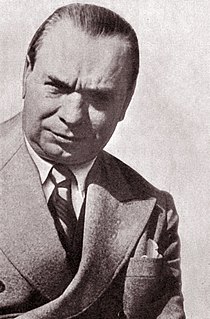 W
WLuigi Chiarelli was an Italian playwright, theatre critic, and writer of short stories who is chiefly known as a founder of the teatro grottesco, or Theatre of the Grotesque, after the subtitle of one of his plays.
 W
WGianfranco Contini was an Italian academic and philologist.
 W
WEurialo De Michelis was an Italian author, poet and literary critic born in Salerno in the south.
 W
WFrancesco de Sanctis was a leading Italian literary critic and scholar of Italian language and literature during the 19th century.
 W
WUmberto Eco was an Italian medievalist, philosopher, semiotician, cultural critic, political and social commentator, and novelist. In English, he is best known for his popular 1980 novel The Name of the Rose, a historical mystery combining semiotics in fiction with biblical analysis, medieval studies, and literary theory, and Foucault's Pendulum, his 1988 novel which touches on similar themes.
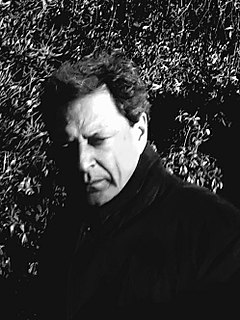 W
WGiorgio Ficara is an Italian essayist and literary critic. He is Full Professor of Italian Literature at the University of Turin.
 W
WGolino, Carlo Luigi was an Italian American who taught Italian literature at many colleges in the United States
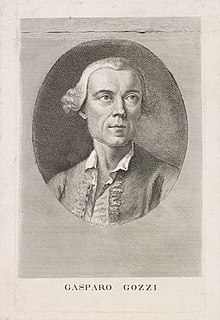 W
WGasparo, count Gozzi was a Venetian critic and dramatist.
 W
WErnest Koliqi was an Albanian journalist, politician, translator, teacher and writer. Along with Mitrush Kuteli he is considered as the founder of modern Albanian prose commonly known by the pen names Borizani, Hilushi or Hilush Vilza.
 W
WGiovanni Papini was an Italian journalist, essayist, novelist, short story writer, poet, literary critic, and philosopher, is considered one of the controversial Italian literary figures of the early and mid-twentieth century and the earliest and most enthusiatic representative and popularizer of Italian pragmatism. Papini was admired for his writing style, and was a scholar of philosophy, religion, literary critic, as well as a heated polemicist. He was involved with avant-garde movements such as futurism and post-decadentism. He moved from one political and philosophical position to another, always dissatisfied and uneasy: he converted from anti-clericalism and atheism to Catholicism, and went from convinced interventionism – before 1915 – to an aversion to war. In the 1930s, after moving from individualism to conservatism, and finally become a fascist, while maintaining an aversion to Nazism.
 W
WAllessandro Parronchi was an Italian poet, art historian, and literary critic. He won the 1999 Mondello Prize for literature.
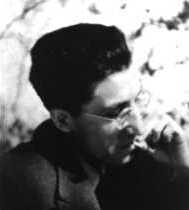 W
WCesare Pavese was an Italian novelist, poet, short story writer, translator, literary critic, and essayist
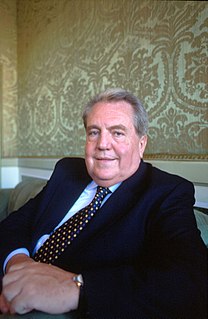 W
WGiuseppe Pontiggia was an Italian writer and literary critic.
 W
WMario Praz was an Italian-born critic of art and literature, and a scholar of English literature. His best-known book, The Romantic Agony (1933), was a comprehensive survey of the decadent, erotic and morbid themes that characterized European authors of the late 18th and 19th centuries. The book was written and published first in Italian as La carne, la morte e il diavolo nella letteratura romantica in 1930; and the most recent edition was published in Firenze by Sansoni in 1996.
 W
WBasilio Puoti was an Italian literary critic, lexicographer and grammarian.
 W
WSalvatore Quasimodo was an Italian poet and translator. In 1959, he won the Nobel Prize in Literature "for his lyrical poetry, which with classical fire expresses the tragic experience of life in our own times". Along with Giuseppe Ungaretti and Eugenio Montale, he was one of the foremost Italian poets of the 20th century.
 W
WCesare Segre was an Italian philologist, semiotician and literary critic of Jewish descent, and the Director of the Texts and Textual Traditions Research Centre of the Institute for Advanced Studies of Pavia (IUSS).
 W
WLuigi Silori was an Italian literary critic, novelist, playwright, and a popular radio and television personality in the 1950s and 1960s. Descended of an old family from Umbria, at the beginning of his university studies, he was called to military service and he spent four years in the Italian army during World War II. Silori served in the ill-fated Acqui Division and was a survivor of the Cephalonia Massacre. After 1945, he graduated in Literature and started to write novels and theatrical texts. In 1954 he started to collaborate with Italian Radio Television and he became very popular in Italy as the man that introduced the books on TV.
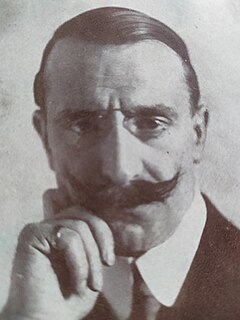 W
WEnrico Thovez was an Italian artist-polymath best known for his contributions as a poet and literary critic.
 W
WSebastiano Timpanaro was an Italian classical philologist, essayist, and literary critic. He was also a long-time Marxist who made important contributions to left-wing political causes. He was an atheist.
 W
WGiovanni Titta Rosa was an Italian literary critic, poet, and novelist.
 W
WDomenico Vittorini (1892–1958) was an Italian-born writer and American academic.